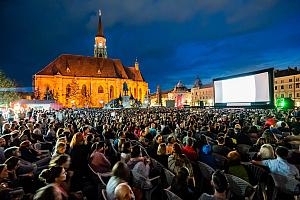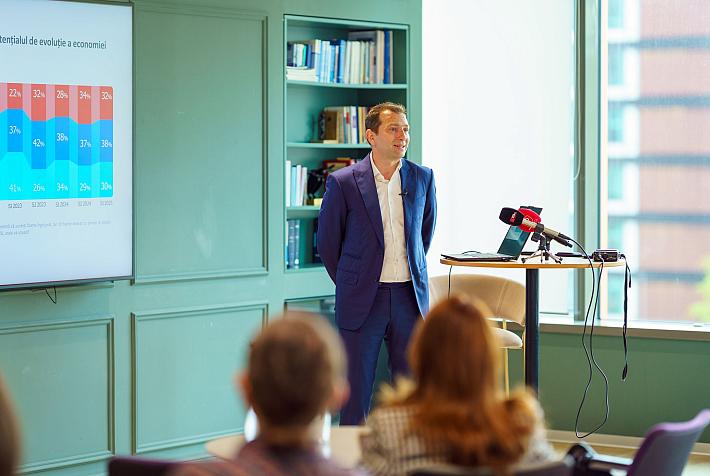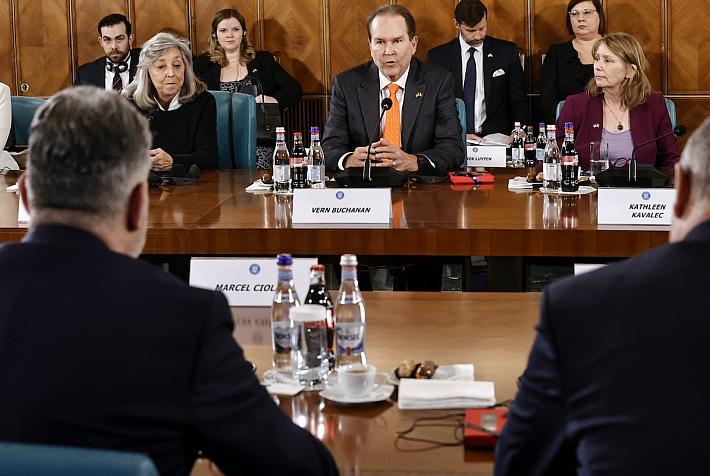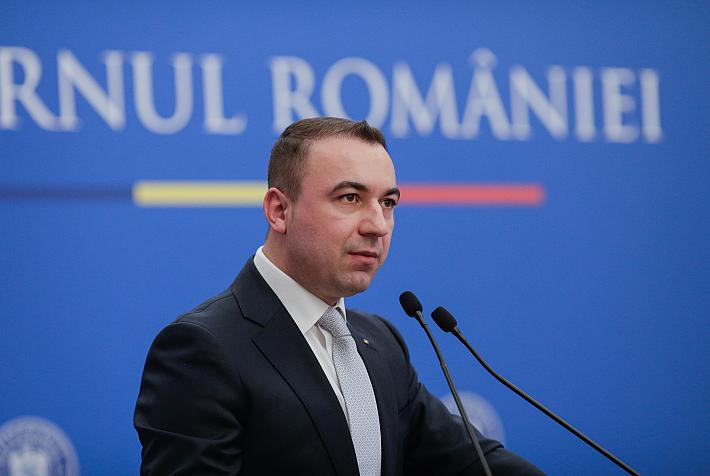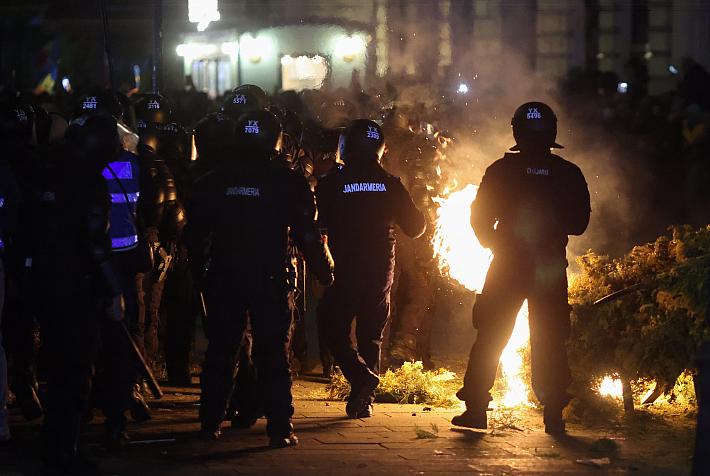Romania’s Reșița joins UNESCO network of learning cities
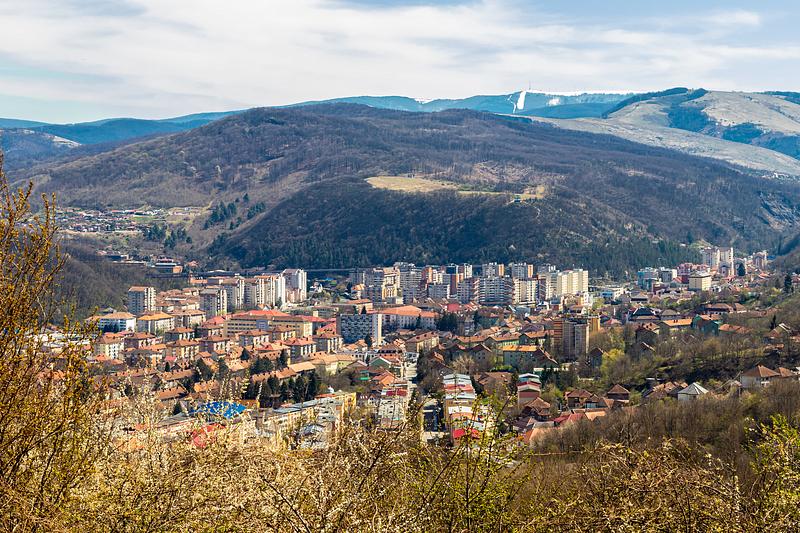
Reșița, a city in western Romania’s Banat region and the capital of Caraș-Severin county, is one of the 77 cities from around the world that recently joined the UNESCO Global Network of Learning Cities (GNLC).
The cities have joined the network “in recognition of their outstanding efforts to make lifelong learning a reality for all at the local level.”
The new UNESCO learning cities joined the network following their nomination by the National Commissions for UNESCO in their countries and the recommendations of a jury of experts.
As the city’s steel manufacturing industry went into decline after 1989, Reșița turned to leveraging innovation and the next-generation economy to create jobs for its multi-ethnic and multicultural community, according to a presentation of its strategy.
Reșița’s learning city strategy aims to promote a lifelong learning ecosystem, diversify learning contexts, and innovate in institutional learning and community learning. The city of more than 84,000 residents plans to support the empowerment and professionalization of educators while also providing specific interventions to persons with disabilities. Overall, it hopes to ensure inclusive and equitable quality education, reduce inequalities, develop decent work, make the city safe, sustainable and resilient, and create new partnerships.
The UNESCO Global Network of Learning Cities consists of 294 cities that promote lifelong learning across their communities. The network’s mission is to support and accelerate the practice of lifelong learning by promoting policy dialogue and peer learning among member cities.
”With more than half of humanity living in urban areas, cities have the power to drive lifelong learning policies by implementing and supporting local initiatives and bring bottom-up change,” said UNESCO director-general Audrey Azoulay. “The newly admitted UNESCO learning cities have a wealth of expertise and commitment to ensuring that the right to education becomes a reality for people of all ages.”
Among the European cities that have joined the network alongside Reșița are Braga (Portugal), Brest (France), Girona (Spain), and Kyiv (Ukraine). The list announced on September 2 is available here.
(Photo: Simona Lisacenco | Dreamstime.com)
simona@romania-insider.com






